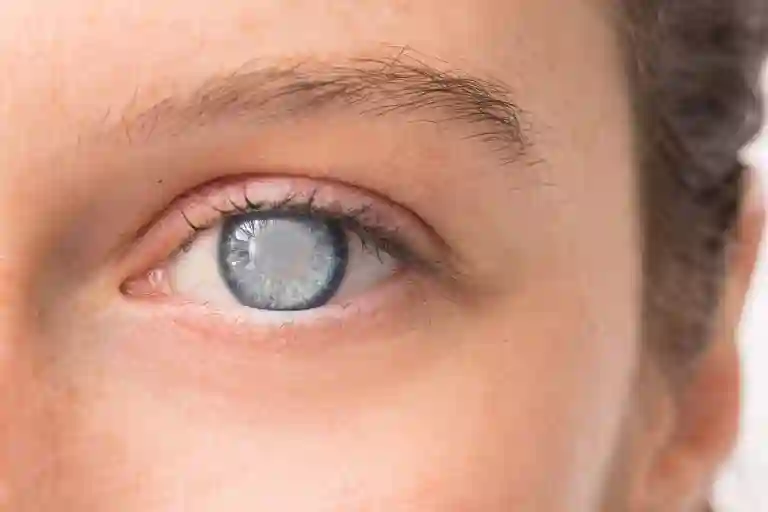Early diagnosis and treatment of sinusitis are important to avoid complications. A child with a deviated septum may also have enlarged adenoids. Learn more here.
Sinusitis In Children
If your child is having breathing difficulties, recurrent cold and cough attacks, or he/she is breathing through the mouth, it’s time to consult the ENT. These are signs and symptoms indicative of deviated septum, adenoiditis, and sinusitis. Read on to know more about these conditions from Dr. Sheetal Radia, ENT & Head Neck Surgeon, Wockhardt Hospitals in Mira Road said.
Sinusitis Causes
Sinusitis happens when the sinuses get filled with water and pus. It can occur due to recurrent cold attacks, bacterial and viral infections, structural abnormalities in the nose, turbinate bone enlargement leading to nasal obstruction, nasal secretions, dust, pollutants, pet, and environmental allergies.
Sinusitis Symptoms
A stuffy nose, runny nose, severe headaches, recurrent headaches, redness and swelling of eyes, pain in eyes, recurrent throat pain, throat irritation, change in voice, post nasal drip leading to foul breath, and snoring at night are symptoms associated with sinusitis.
Sinusitis Complications
If not treated at the right time, sinusitis can lead to blurry vision, redness of eyes, swelling of eyelids, recurrent throat infections that may invite tonsillitis, laryngitis (infection and inflammation of the larynx that is the voice box), chronic nasal obstruction and polyps in sinuses (swelling filled with water and infected pus). Polyps can cause chronic nasal obstruction leading to breathing problems.
Sinusitis Diagnosis
A doctor may do a physical checkup and ask about symptoms. Looking inside the nose and feeling for any soreness in the face and nose are possible parts of the evaluation. A physical examination, an evaluation of the medical history, and occasionally imaging tests are necessary for a sinusitis diagnosis.
Here are some methods to rule out other illnesses and identify chronic sinusitis:
- Nasal Endoscopy: An endoscope is a thin & flexible tube that a medical professional puts into the nose. A light attached to the tube lets a medical professional sight within the sinuses.
- Imaging Tests: Details of the sinuses and nasal cavity can be seen on CT or MRI images. These pictures may help identify the source of persistent sinusitis.
- Nasal & Sinus Samples: It is rare to identify chronic sinusitis with lab testing. Tissue samples from the sinuses or nose, however, may be useful in determining the reason if the illness worsens or does not improve with therapy.
- Allergy test: An allergy skin test may reveal the cause of allergies are the possible cause of chronic sinusitis.
Parents should watch out for sinusitis symptoms and consult the ENT on time to avoid complications. If nasal polyps are detected, surgery will be required to remove them. If the sinusitis is caused by deviated nasal septum, one needs septal correction surgery to straighten the nasal bone, and the surgery can take up to 2 hours.
Sinusitis Treatment
One with a deviated septum may suffer from adenoiditis (inflammation of the adenoid tissue) and sinusitis. Such patients may also have enlarged adenoids (type of tonsils behind the nose where the nose and throat meet or nasopharynx). Not only enlarged adenoids can cause breathing problems but they can also interfere with the normal growth of the child. Hence, treating adenoids at the right time is important for pediatric patients.
Dr. Sheetal Radia
ENT & Head Neck Surgeon
Wockhardt Hospitals, Mira Road said
To book an appointment call: +918108101104
Source: https://www.thehealthsite.com/photo-gallery/deviated-septum-adenoiditis-sinusitis-in-children-symptoms-parents-should-look-out-for-963724/sinusitis-in-children-963725/
FAQs on Adenoids and Deviated Septum
Q. Can a deviated septum cause sinusitis?
Indeed, a deviated septum can exacerbate sinusitis by blocking the sinuses’ natural drainage, which causes swelling and congestion. The divergence may result in places where mucus collects, raising the possibility of infection. In some situations, it could be advised to surgically repair the deviated septum to relieve the symptoms of sinusitis.
Q. How do you treat a deviated septum in a child?
Q. Can adenoids cause a deviated septum?
Q. What are the symptoms of inflamed adenoids in children?
- Congestion in the nose and trouble breathing through it
- Continuous mouth breathing
- Snoring while asleep
- Sleep apnea, in which a child’s breathing periodically pauses for a brief period of time while they’re asleep
- Persistent post-nasal drip or nasal discharge
- Middle ear fluid accumulation or recurrent infections
- Painful throat or trouble swallowing.
Q. Is there a correlation between sinusitis, adenoids, and allergies?
Q. Can sinusitis with adenoids be a chronic condition?
Q. What are the common symptoms associated with adenoids and deviated septum?
- Having trouble breathing through your nose and congestion in the nose.
- Mouth breathing, particularly during the night
- Disrupted sleep habits and snoring
- Recurring sinus infections
- Persistent post-nasal drip or cough
- Fluid accumulation in the middle ear or ear infections
Q. What are the potential complications if deviated septum and adenoids are left untreated?
- Persistent sinus infections
- Unusual facial growth
- Hearing problems and recurring ear infections
- Breathing disorders while sleeping, such as sleep apnea
- Impaired quality of life owing to continuous nasal congestion and breathing issues.












